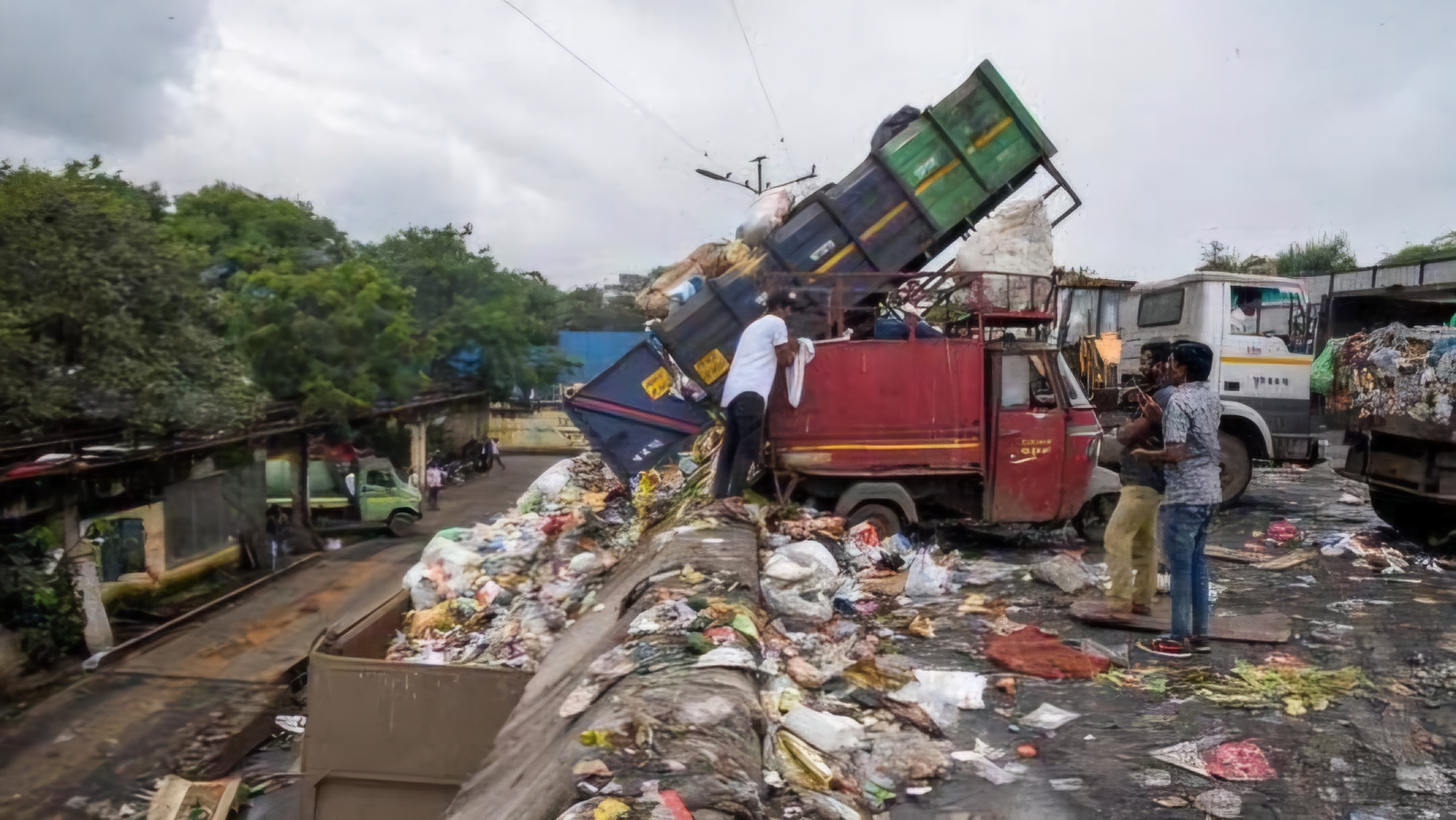


The Supreme Court's recent judgment in Pune Municipal Corporation vs Sus Road Baner Vikas Manch [2024 INSC 682] highlights key legal and environmental considerations surrounding the operation of solid waste management facilities in urban areas. The case delves into the intricate balance between public interest and environmental concerns, particularly in relation to the operation of a Garbage Processing Plant (GPP) in Pune.
Background of the Case
The dispute arose from the operation of a GPP by Noble Exchange Environment Solution Pune LLP, set up in Baner, Pune.
The National Green Tribunal (NGT), in a 2020 administering, had requested the closure of the GPP, citing infringement of natural standards and coordinating the Pune Metropolitan Enterprise (PMC) to move the plant to another area. The tribunal's choice was based on a joint review report by the Central Contamination Control Board (CPCB) and the Maharashtra Contamination Control Board (MPCB), which highlighted procedural slips and natural impacts, especially scent and squander administration issues.
PMC and the concessionaire, Respectable Trade, challenged the NGT's choice some time recently the Preeminent Court, contending that the GPP was built up legally beneath the 2000 Metropolitan Strong Squander Administration Rules which the unused 2016 Rules, which the NGT cited, were inapplicable as the plant had been operational some time recently the 2016 Rules came into impact.
Key Legal Arguments
The appellants contend that the tribunal erred in relying only on the 2016 Rules because the plant started operating in 2015—prior to the 2016 Rules' adoption. Additionally, the PMC said that it had sought renewals of its authorization and consent from the MPCB in order to comply with changing environmental regulations.
The Supreme Court’s Observations
The Court observed that the NGT erred in applying the 2016 Rules retroactively, stating:
“It is clear that the application for authorization, grant of authorization, grant of Environment Clearance by the SEIAA and the commencement of the project was all prior to 8th April 2016, i.e., the date on which the 2016 Rules came into force.”
Furthermore, the Court emphasized that the GPP had been in operation in compliance with the 2000 Rules and that the MPCB’s authorization granted before 2016 was valid. It also noted that while the MPCB’s practice of granting composite authorizations changed in 2021, the earlier framework was legitimate when the plant was established.
The Court remarked: "The approach of respondent No. 1 appears to be that such a facility though could be established in the vicinity of the other buildings, it should not be established in their backyard."
Environmental Safeguards
While allowing the GPP to continue operations, the Court also stressed the importance of minimizing the plant's environmental impact. It directed the PMC and the concessionaire to implement various measures, including installing odor control systems, covering the waste processing area, and ensuring better waste handling mechanisms. The Court also mandated an environmental audit of the GPP every six months to ensure compliance with environmental standards.
Conclusion
This judgment reflects the judiciary's nuanced approach in balancing urban development, environmental concerns, and public health. It underscores that while environmental norms must be strictly followed, retroactive application of new regulations should not unduly penalize entities that had complied with earlier laws. The ruling also sends a strong message against NIMBYism, emphasizing that public interest must prevail over individual inconvenience, especially in critical areas like waste management.
TAGS: Pune Municipal Corporation Garbage Processing Plant Solid Waste Management 2016 Rules NGT Supreme Court Public Interest NIMBYism Environmental Clearance Waste Segregation